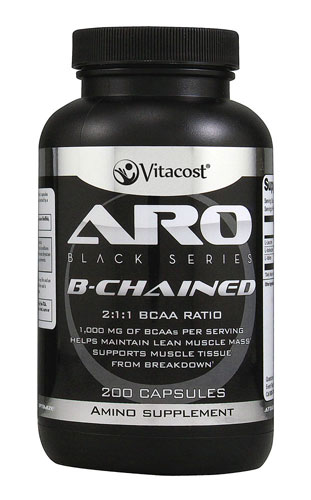In the sports nutrition world, branched-chain amino acids (BCAAs) are commonplace. But does the average person enjoy the same benefits from BCAA consumption? The short answer is a resounding YES! But before you make a final decision, you should know the answers to these questions: What are BCAAs? Do you need to change or supplement your diet? And what are the best sources if you do?
What are BCAAs?
Amino acids are the building blocks of protein. BCAAs are a special type of amino acid that’s metabolized a bit differently in the body. If your daily activity level is within the healthy norm, it may not seem necessary to pump your body with excessive amounts of protein. And you shouldn’t. However, they do have a place on your plate.
The BCAA break-down:
All humans need BCAAs in their diet, and here’s why they’re so important: There are nine essential amino acids, which means your body doesn’t produce these on its own and you must obtain them through your diet.
Of the nine essential amino acids, six are used in the muscle cells for energy. Within those six are three that are categorized by their unique chemical structure. This special trio includes leucine, isoleucine and valine. These are the amino acids you’ll find in nearly every BCAA supplement for athletes.
The BCAA benefits:
For athletes of all kinds and all levels, branched-chain amino acids can help promote muscle recovery and support lean muscle mass.†
For endurance athletes, BCAAs can play a couple critical roles in maintaining health and fitness. For one, they may help power you through a long training day. Branched-chain amino acids are unique from other amino acids in that they are processed by the muscles for energy instead of by the liver. Muscles use BCAAs for energy when glycogen stores are low, which, as you know, often happens during endurance exercise. †
Also important to note is that this kind of prolonged exercise can suppress the immune system. By converting BCAAs to glutamine in the skeletal muscle, your body is able to support a healthy immune system. †
Do you need to change or supplement your diet?
Theoretically, BCAAs can help an athlete train and compete for longer periods of time. However, BCAAs are already widely found in the average diet. Because BCAAs are protein, you can get sufficient amounts from protein-containing foods. Some athletes or very active individuals may choose to use BCAA supplements along with a well-balanced diet.
What are the best BCAA foods?
Good animal sources of branched-chain amino acids include chicken, fish and eggs. If you are looking for plant-based sources, reach for beans, lentils, nuts and soy protein. With all these great natural sources, you can consume all the BCAAs your body needs!




